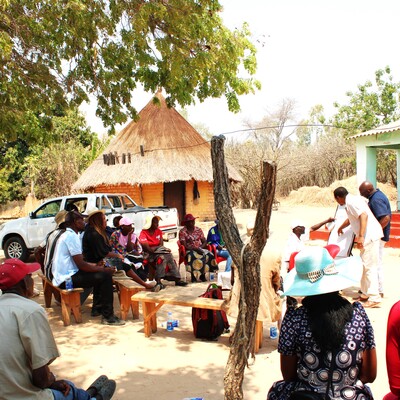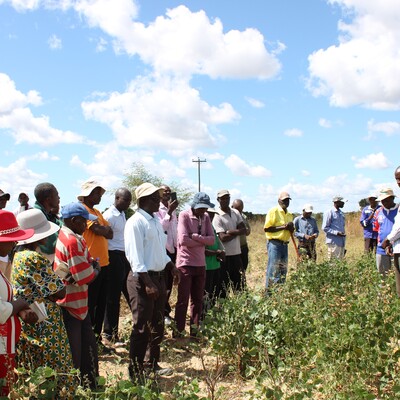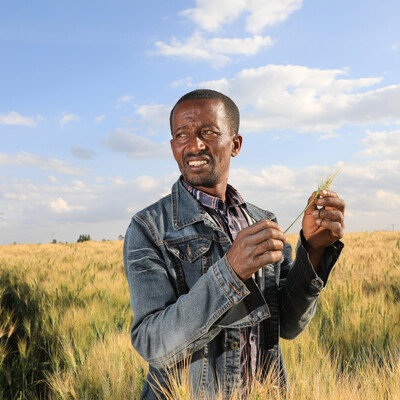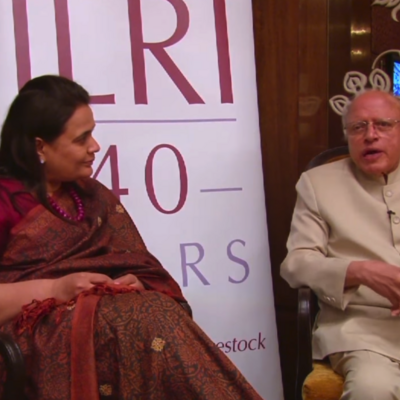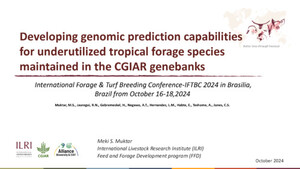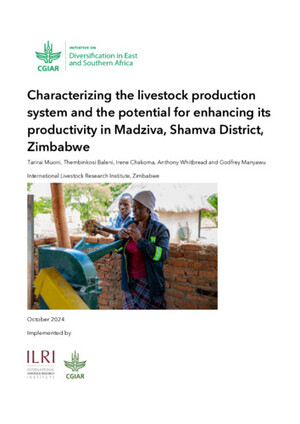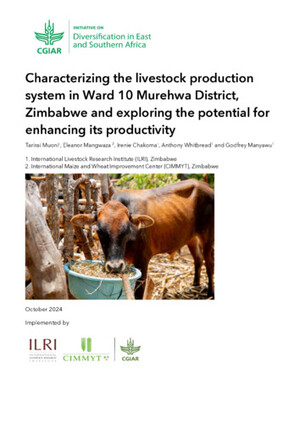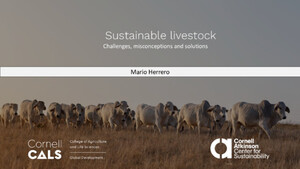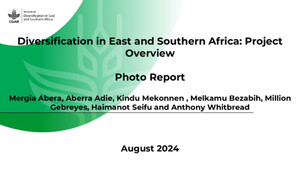
Disseminating livestock extension information using text messages in Tanzania
 A Maasai pastoralist checks his mobile phone (photo credit: Sven Torfinn/OXFAM blogs).
A Maasai pastoralist checks his mobile phone (photo credit: Sven Torfinn/OXFAM blogs).
Digital tools and platforms have become a fixture in disseminating knowledge about agricultural technologies to farmers in most farming systems in sub-Saharan Africa. Their positive effect in transforming the agricultural landscape and improving farmer’s livelihoods is well documented through various independent studies. In a recent op-ed published by Thomson Reuters, Africa Development Bank President, Akinwumi Adesina, notes that the bank’s funding to initiatives focused on transforming African food systems digitally since 2019 have already helped 19 million farmers in 27 countries to lift yields by an average of 60%! These investments are happening at a time when mobile subscribers in sub-Saharan Africa are expected to reach half a billion in 2025, thereby opening up more room and space for the use of digital tools and platforms and greater impact in African agriculture.
Several mobile-based information and communication technology (ICT) tools have been developed and deployed in Tanzania to bridge the widening extension to farmer gap. One such tool is the MWANGA platform. With up to 23.7 million unique mobile phone owners and a mobile penetration rate of 42%, Tanzania has one of the highest mobile penetration rates in East Africa, which offers immense opportunity for digital platforms like MWANGA to reach many of the mostly rural smallholder farmers with information about improved agricultural technologies. Initiated and developed in 2016 by Fred Kizito of the International Center for Tropical Agriculture (CIAT) and the International Institute of Tropical Agriculture (IITA), and other Africa RISING partners, the MWANGA platform has enabled Africa RISING to disseminate information about best-bet crop agronomy and livestock practices to Tanzanian farmers in five intervention districts.
A recent case study evaluating the effect of tailored short message service (SMS) communication sent to livestock farmers via the MWANGA platform found that the messages reduced key knowledge gaps among farmers. Implemented by Africa RISING project partners from the International Livestock Research Institute (ILRI), Tanzania Livestock Research Institute (TALIRI), IITA and the District Agricultural Extension Offices in Babati and West Kilimanjaro, the study established that the messages also enhanced farmer’s adoption of improved technologies such as better forage varieties.
A cohort of 100 livestock farmers from five villages in Babati District received short and clear livestock extension messages for 14 weeks through the MWANGA platform. The SMS messages aimed at equipping farmers with the proper knowledge to influence their attitudes and practices on topics such as forage production and use, crop residue processing and use, and livestock feed rations. These changes have the potential to improve dairy and poultry production on smallholder farms. Baseline and endline data was collected and compared at the beginning and the end of the intervention.
Key findings from the case study were:
- The SMS messages sent to farmers via the MWANGA platform resulted in a 10% increase in knowledge about animal nutrition and forage management when baseline data was compared to endline data. Also, there was improved farmers’ knowledge of the three essential nutrients for calf growth and the water requirements for a high-yielding cow.
- There was a significant (6%) change in farmers’ attitudes about keeping exotic/improved breeds due to the messages. A similar attitude change was also noted with regards to the choice of forage varieties grown by farmers.
- Though not significant, about 42% of the farmers interviewed in both the baseline and endline study agreed that farmers generally do not adopt improved forages due to lack of awareness. Therefore, future interventions should consider creating awareness of existing forage technologies to increase uptake.
- The messages also positively influenced farmers’ attitudes by 14% towards feed formulation, thereby greatly enhancing the likelihood of a higher uptake of feed formulation interventions.
- Farmers who received extension messages via the MWANGA platform said that the messages were simple, timely and in a language they all understood (Kiswahili). The content of the messages was also actionable. However, they did not share messages with other farmers, although there was no explicit instruction for them to do so. This should probably be encouraged to widen the reach of the SMS messages.
The results from this survey match those of previous Africa RISING studies about the place of livestock in improving smallholder livelihoods in Tanzania’s Babati District. They also help to better understand livestock farmers’ knowledge, attitudes and practices regarding feeding, forages and their management, which is central to improved livestock production. The project team will use this study’s data to identify farmers’ training needs and develop an effective integrated livestock management strategy.
‘This study was implemented over a short period, and yet we observed considerable changes in knowledge and attitudes towards various interventions. This means that if we expose farmers to similar messages for longer, we may begin to see how these changes translate into improved farmer practices,’ explains Ben Lukuyu, senior livestock scientist at ILRI and one of the leaders of the study.
Digital tools such as MWANGA provide an essential complementary extension outreach mechanism that can effectively enhance farmers’ access to vital information about improved agricultural technologies and consequently enhance their overall farm productivity. Importantly too, similar digital tools can help in overcoming the challenges faced by traditional extension such the low ratio of extension workers to farmers, poor infrastructure, and low motivation and accountability of extension agents.






